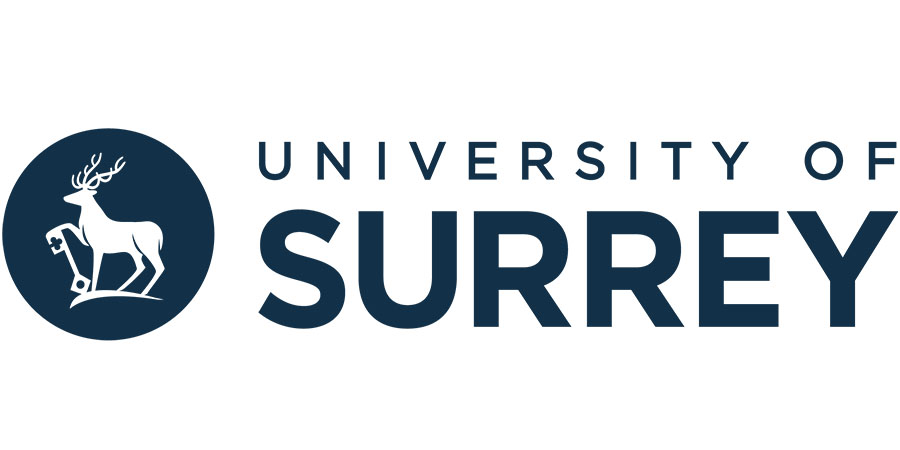PhD Studentship: Adhesion of Radiation Cured Coil Coatings
University of Surrey - Engineering Materials
| Qualification Type: | PhD |
|---|---|
| Location: | Guildford |
| Funding for: | UK Students |
| Funding amount: | Funding covers stipend of £21,000 pa and UK “home” tuition fees for 3.5 years; funding is available to cover travel, conferences and consumables. |
| Hours: | Full Time |
| Placed On: | 22nd November 2024 |
|---|---|
| Closes: | 19th January 2025 |
Dating back over 150 years, Beckers is a true pioneer in providing unique, high-quality solutions that answer coating needs across many sectors. Currently Beckers is proud to be the global leader in supply of coil coatings from 24 locations in 18 countries. Currently the majority of coil coatings are applied to continuous wide metal strip and then thermally treated so as to induce gelation or crosslinking. Work with Surrey has developed many aspects of the current understanding about how this occurs at the molecular scale (eg: https://doi.org/10.1016/j.porgcoat.2022.107065, doi.org/10.1021/acs.analchem.7b04877, doi.org/10.1002/sia.1985). Currently this heating is carried out using gas powered ovens which impart a high carbon footprint to the finished article. As part of the ongoing commitment to increasing the sustainability of coil coatings new methods of crosslinking that have significantly lower carbon footprints are being explored. One such method is to use UV or electron beam radiation (radcure) to initiate free radical polymerisation. As these new technologies are being introduced into the coil coating market, there is a requirement to understand how these radcure coatings adhere to each other, conventional coil coatings and metallic coil substrates (usually zinc coated steel or aluminium).
The specific focus of the project will be on the inter-coat adhesion between different coating systems by comparing dual-cure and fully radcure systems to standard thermally cured coil coating. X-ray photoelectron spectroscopy (XPS), time-of-flight secondary ion mass spectrometry (ToF-SIMS) and Auger electron spectroscopy (AES) will be used to characterise the interface of different cured coating systems and establish the mechanism of adhesion for the different regimes. Leading to an understanding of how the different chemistries used in both radcure and thermal curing affect the inter-coat interface, and consequently what effect this has on adhesion. This has the potential to bring about new formulations with improved performance. The project will benefit with the active involvement of Dr Gustavo Trindade from the National Centre of Excellence in Mass Spectrometry Imaging (NiCE-MSI) at NPL, to support our ToF-SIMS activities.
Supervisors: Professor John F Watts FREng and Dr Marie-Laure Abel
Entry requirements
Open to candidates who pay UK/home rate fees. See UKCISA for further information.
Starting in April 2025.
You will need to meet the minimum entry requirements for our PhD programme.
Candidates must meet Surrey entry requirements which include holding at least an upper second-class degree or equivalent qualifications in a relevant subject area such as physics, chemistry, materials science or engineering. A Master’s degree in a relevant discipline and additional research experience would be an advantage.
How to apply
Applications should be submitted via the Engineering Materials PhD programme page; please click the 'Apply' button, above.
In place of a research proposal, you should upload a document stating the title of the project that you wish to apply for and the name of the relevant supervisor.
Funding
Funding covers stipend of £21,000 pa and UK “home” tuition fees for 3.5 years. Funding is available to cover travel, conferences and consumables. Eligibility follows standard research council rules and include UK/Irish citizenship or ordinary residence within the UK for 3 years prior to the funding commencing, but please note that in the latter case only home fees will be covered.
Application deadline: 19 January 2025
Enquiries: Contact Professor John F Watts FREng
Ref: PGR-2324-091
Advert information
Type / Role:
Subject Area(s):
Location(s):









